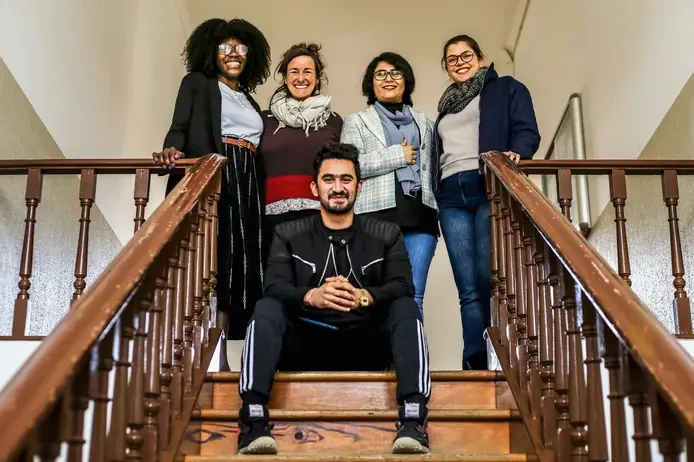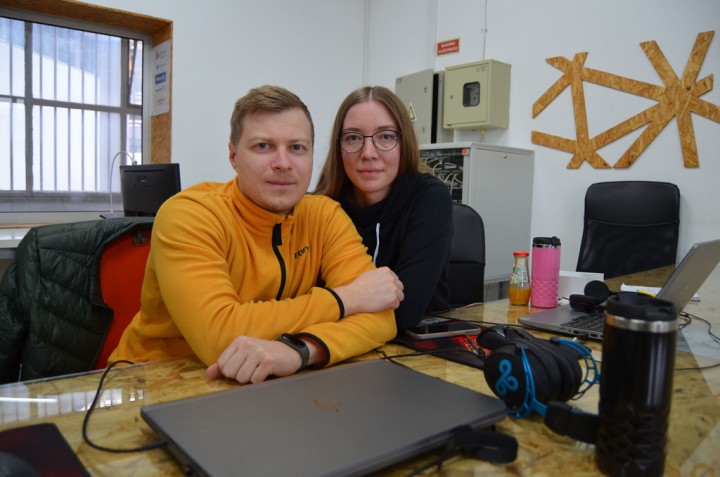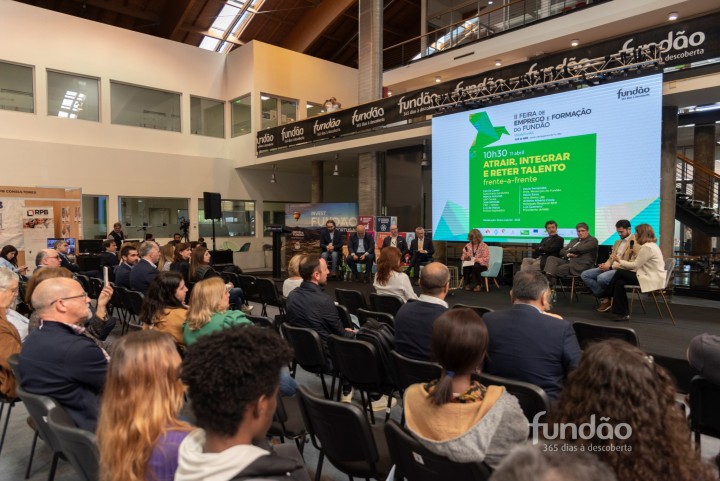News

Fundão, a paradigmatic example.
When the US military began to leave Afghanistan and the Taliban returned to power, Sediga's life was never the same. She dropped out of school, lost her job, and was forced to leave the country. Destination: Fundão, in the interior of Portugal, where she arrived in November last year. Welcomed at the Migration Centre, she began working as a mediator for other refugee families. Through her hand, she received and helped integrate, in January, an Afghan family of 13 living in the Migration Centre in that town.
Immigration is seen as one of the ways to compensate for the Portuguese demographic crisis. The numbers are a warning: in the next 50 years, we will lose population — from the current 10.3 million to 8.2 million; there will be fewer and fewer young people — from 1.4 million to around 1 million; and the number of people over 65 will increase from 2.2 million to 3 million. The ageing rate in Portugal will almost double, from 159 to 300 older people for every 100 youngsters. This was one of the topics covered in the Expresso webtalk — "Work More, Save More or Open the Doors" — which took place this week.
"To have demographic dynamism, we will eventually have to have more immigration. But more efficiency is also needed", said the former minister Augusto Mateus, one of the speakers at the event, raising the issue of weak productivity in Portugal. Our country has the lowest real productivity per hour worked, comprising the six Member States with the lowest capacity to generate wealth, standing at around 65% of the European average. "We need to work better," summarized Augusto Mateus.
Writer and chronicler Henrique Raposo, another of the debate's guests, insists on the issue of productivity: "I don't know of any country where it is so difficult to combine work with family. In Germany, I started working at 8 am and left at 4. But I always left later, until they told me: "You have to leave at 4 to take care of your life. If you didn't work properly until 4, you weren't productive."
Amílcar Moreira, professor at ISEG, says that "when wages are influenced by increases in productivity, it implies that even if there's a decline in the workforce size, wages are likely to stay relatively steady. This stability extends to contributions as well".
Susana Peralta, a professor at Nova SBE, suggests that immigration could solve the demographic crisis and the increase in contributions. "We have to increase the active population. It will be faster to do it with immigration than with birth rates. This immigration flow must be a permanent shock to renew the stock."
The example of Fundão is paradigmatic. In September 2018, the town's former seminary gave way to a national centre for refugees. Currently, the municipality is home to citizens of 67 nationalities, all integrated and working, and many of them have already managed to bring their families and learn the language. The municipal program also includes strong coordination with the business community. "First, we invest in innovation, bringing technology companies to this region, and then immigration. We want to be a national example," says the Mayor, Paulo Fernandes, highlighting the economic dynamics that these citizens brought to Fundão, contributing to reducing the desertification that affects the entire interior of the country.


